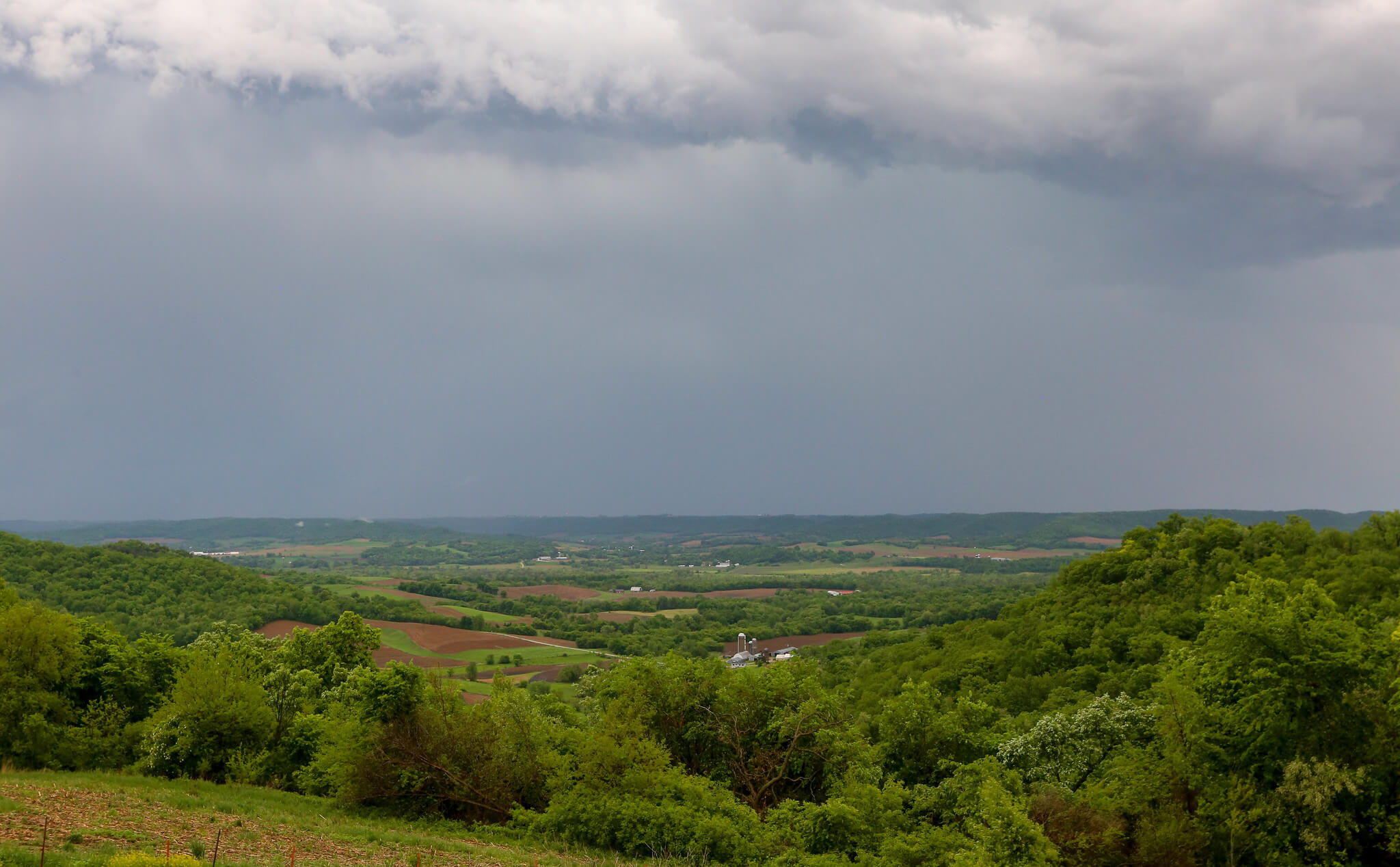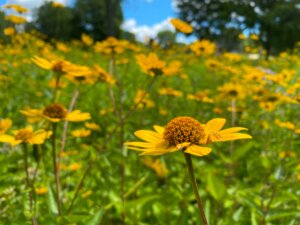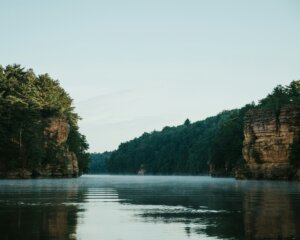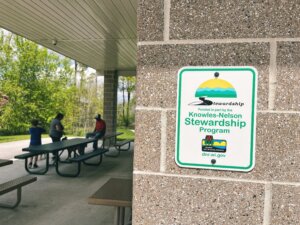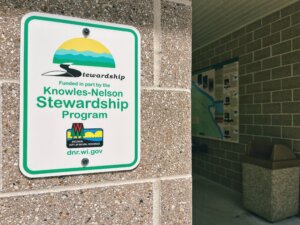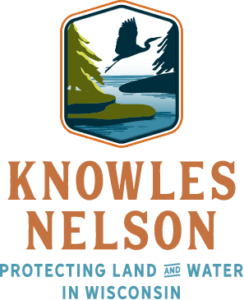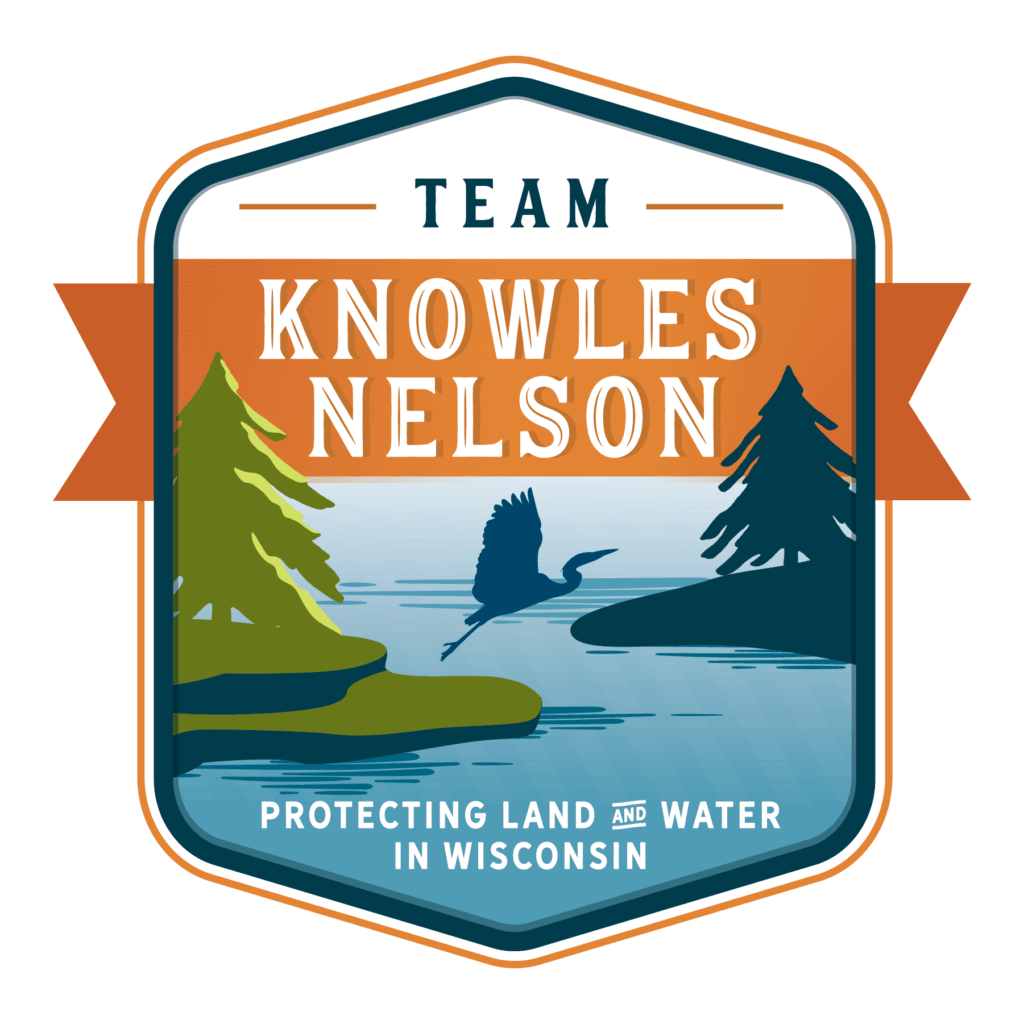The Wisconsin Legislature is considering a bill to allow the sale of Knowles-Nelson conservation lands. Introduced in the State Senate as SB 802 and the Assembly as AB 852, the law would remove longstanding safeguards that ensure that conservation lands are protected in perpetuity. Knowles-Nelson already allows for the sale or transfer of lands purchased with Stewardship dollars. Such transfers come with the important stipulation that the new owner of the lands must agree to continue managing the land for conservation. This bill removes that stipulation and would allow owners of Knowles-Nelson lands to take them out of conservation and sell them for whatever reason they choose.
The Senate Natural Resources Committee met on January, 10th 2022 to discuss the bill. Gathering Waters’ Executive Director, Mike Carlson, testified at the hearing in opposition to the bill. Many other prominent conservation organizations also registered in opposition to the bill.
Below is Gathering Waters’ testimony, which lays out their concerns about the sale of Knowles-Nelson lands. You may also download a .pdf of the testimony.
Dear Chair Cowles and Members of the Committee:
Thank you for the opportunity to testify here today. My name is Mike Carlson, and I’m the Executive Director of Gathering Waters: Wisconsin’s Alliance for Land Trusts. Gathering Waters’ mission is to help land trusts, landowners, and communities protect the places that make Wisconsin special, and we represent just over 40 independent nonprofit land trust organizations throughout the state.
These land trusts include groups that operate in the legislative districts of every member of this committee, including the Northeast Wisconsin Land Trust, the Northwoods Land Trust, Green Lake Conservancy, Groundswell Conservancy, and the Kenosha-Racine Land Trust.
Many of you know the local land trusts in your district and you know firsthand that these are pragmatic, nonpartisan, solution-oriented groups that work hard to address community needs. In order for these nonprofits to be successful, they depend on the generosity and, importantly, the trust of individual donors and landowners who care deeply about conserving the character of the local community. These land trusts also depend on partnerships and rarely complete conservation projects without close working relationships with local governments in their service areas. Every 50% matching grant awarded by the state to a land trust through the Knowles-Nelson Stewardship Program represents a story of cooperation and collaboration.
For years, Gathering Waters has worked with the Legislature, including members of this committee, to help ensure that the Knowles-Nelson Stewardship Program operates as efficiently and effectively as possible. The Legislature has always maintained safeguards to ensure that grantees—including NCOs and local governments—cannot just sell Knowles-Nelson funded projects on a whim. These safeguards—laid out in statute and administrative rule, and included in the Stewardship grant contracts recorded with the deed—have been relied upon by hundreds of landowners who chose to sell their land for conservation, by countless private donors who have helped raise the 50% match, and by local community members. These safeguards have been part of the deal from the beginning.
For that reason, I am appearing before you in opposition to this legislation. The land trust community is concerned that the proposed changes would diminish the trust of donors and potentially imperil the positive working relationships that land trusts have developed with local governments. This concern goes beyond just the safeguards on the NCO subprogram because land trusts rarely work alone. There are dozens of examples where land trusts have assisted counties, cities, villages, sanitary districts and other governmental entities to conserve public lands within their jurisdictions.
Here’s a brief hypothetical to illustrate our point: A Wisconsin land trust and a local village have a positive working relationship. An opportunity arises where a private landowner adjacent to a village park would like to see his land enrolled in the park system. He’s a lifelong sportsman and committed to conservation. He’s not in a financial position to donate the land, but is willing to sell it. The village staff don’t have experience applying for Knowles-Nelson grants, so they turn to their local land trust to take the lead. The land trust applies for an NCO grant, securing 50% funding from the Stewardship Program. In order to find the other 50%, the land trust appeals to their members and is able to raise 40% of the funds from private donations. The last 10% of the funds come from the village. The land trust and the landowner go to closing and a Knowles-Nelson grant contract is recorded with the deed. Subsequently, the land trust transfers the parcel to the village, subject to a Knowles-Nelson grant contract, and the land becomes part of the park system. The understanding among all of the parties is that the land is now conserved, forever. Unfortunately, under this bill, the land would no longer be conserved forever. And this would not just apply to future transactions. This legislation would change the rules after the fact for past purchases, casting aside the good faith of landowners who sold property to the land trusts, the donors who generously contributed, and the local community members who supported the project.
Please consider the potential consequences of the changes proposed in this bill, especially as they would apply retroactively. At a time when public lands are more popular than ever, the land trust community believes that we should be strengthening the integrity of the Stewardship Program, not undermining it. Thank you for your consideration of our experiences and concerns.
Featured image by Carol Mitchell, 2018.

